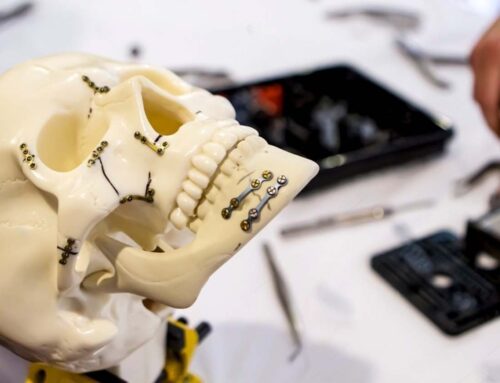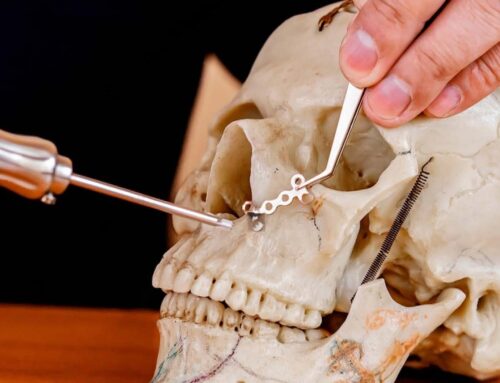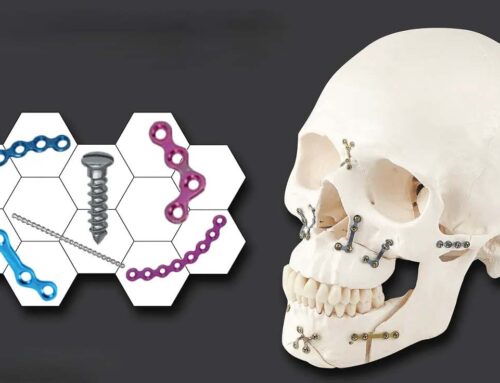Maxillofacial surgery and craniofacial surgery are closely related surgical specialties, but they have key differences in scope, training, and areas of focus.
Maxillofacial Surgery:
- Also called Oral and Maxillofacial Surgery (OMFS).
- A surgical specialty that deals with diseases, injuries, and defects involving the mouth, jaws, face, and neck.
- It bridges dentistry and surgery.
Craniofacial Surgery:
- A subspecialty of plastic surgery, neurosurgery, or OMFS.
- Focuses on the reconstruction and correction of congenital and acquired deformities of the skull, face, and orbit.
- Involves complex bone, soft tissue, and neurovascular work.
Scope of Practice
Maxillofacial Surgery Covers:
- Dental extractions (especially complex or impacted)
- Facial fractures (mandible, zygoma, orbital bones)
- Orthognathic (jaw realignment) surgery
- Cysts and tumors of the jaw
- TMJ (temporomandibular joint) disorders
- Dental implants and bone grafting
- Facial aesthetic surgeries (rhinoplasty, chin augmentation)
Craniofacial Surgery Covers:
- Skull deformities (e.g. craniosynostosis)
- Congenital syndromes (e.g. cleft lip/palate, Apert, Crouzon, Treacher Collins)
- Facial asymmetry and abnormal bone growth
- Skull base tumors and trauma
- Orbital reconstruction
- Midface advancement
- Fronto-orbital remodeling
Training and Background
Maxillofacial Surgeon:
- Usually has a background in dentistry (BDS/DDS).
- Requires postgraduate training in OMFS (MDS or equivalent).
- May or may not perform general plastic surgery procedures.
Craniofacial Surgeon:
- Typically, a plastic surgeon or OMFS who undergoes additional fellowship in craniofacial surgery.
- Works in multidisciplinary teams (neurosurgeons, ophthalmologists, ENT).
Surgical Approach & Teamwork
Maxillofacial:
- Performed in dental clinics, hospitals, and surgical centers.
- Procedures are often outpatient or 1-day surgeries.
- Involves collaboration with dentists, ENT, and oncologists.
Craniofacial:
- Requires high-end hospital settings.
- Often involves long, complex surgeries, especially in children.
- Multidisciplinary team approach is essential.
Patient Demographics
- Maxillofacial: Mostly adults and adolescents, with dental and trauma-related conditions.
- Craniofacial: Frequently infants and children, often with congenital conditions.
Conclusion
While both maxillofacial and craniofacial surgery deal with the face and skull, they differ in their scope, complexity, and specialization:
- Maxillofacial surgery primarily focuses on dental, jaw, and facial conditions, blending dentistry and surgical expertise. It’s often performed by dental surgeons with advanced surgical training.
- Craniofacial surgery goes a step further, addressing complex congenital and acquired deformities of the skull and face, typically requiring multi-specialty collaboration and high surgical precision.
In short:
Maxillofacial surgery is broader in general facial trauma and dental-related issues, while craniofacial surgery is more specialized and reconstructive, often dealing with life-altering congenital conditions.







Leave A Comment